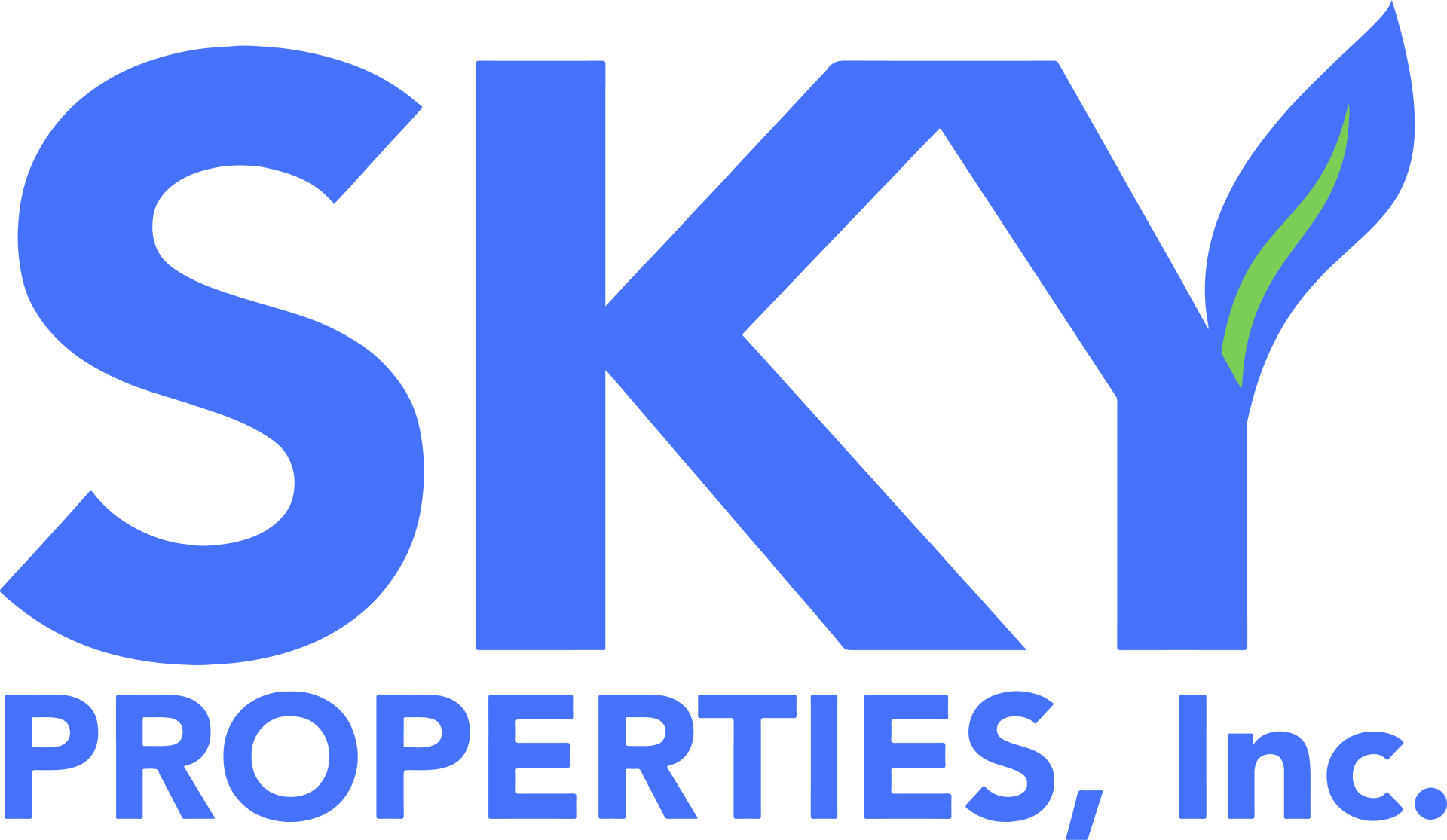Housing Legislative Update Session Overview for 2019
Housing Legislative Update Session Overview for 2019
The Legislature adjourned for the year on September 13th, capping off the five-week frenzy of legislative activity known as the "end of session that runs from when lawmakers return from summer recess until they adjourn. Housing was one of the hallmark issues this year for the Governor and Legislature. Governor Gavin Newsom has long been an advocate for affordable housing and has repeatedly called for a housing Marshall Plan. He had several items on his housing agenda this year, including calling for the development of 3.5 million new housing units by 2025 an aggressive goal that will be difficult to meet given declining construction rates. Other items on his docket were less of a struggle, including funding for homelessness and tenant protections.
Signaling his commitment to work on the housing crisis, Newson issued an Executive Order on housing shortly after assuming office in January that requires the Department of General Services to create an inventory of all state-owned property to determine what properties can be developed on state lands to increase affordable housing. In addition, the Order asked the Legislature to work on efforts to address rent costs post-Prop 10 and tenant protections.
The Governor also secured funding in the budget for housing related issues. The enacted budget included $2 billion dollars for housing and homelessness. In signing the budget, Governor Newsom stated that housing costs are a defining quality-of-life concern for people across California and that the budget makes a historic investment to accelerate the production of new housing, and supports local governments to meet their required housing goals. Those investments include:
- $1.75 billion for new housing production and planning, including support to local governments for production
- Local government accountability measures to meet housing demand
- $20 million for legal aid for renters to assist with landlord-tenant disputes, including legal assistance for counseling, renter education programs, and preventing evictions
- $650 million to local governments for homelessness emergency aid
- Doubled the Cal-EITC Working Families Tax Credit to $1 billion, which will increase the number of participating households from 2 million to 3 million with the goal of lifting some out of poverty
AB 1482 STATEWIDE RENT CONTROL
One of Newsom's first stated policy proposals this year was statewide rent control. A number of bills were introduced in the rent cap/just cause space shortly thereafter, but AB 1482 by Assemblyman David Chiu (D - San Francisco) was the one that was ultimately passed by the Legislature.
AB 1482 was a months-long battle between the Legislature, Governor, rental housing groups and the business community. Ultimately, the Governor, legislative leaders, and some business groups came to a deal on the bill, and it passed out of the Legislature. The Governor is expected to sign it. Despite its passage, another initiative on statewide rent control is likely in 2020, as tenant protection groups (e.g. Michael Weinsteins AIDS Healthcare Foundation) do not believe AB 1482 goes far enough.
The key provisions of AB 1482 are as follows:
- Caps annual rent increases at 5% plus the change in cost of living, as measured by the Consumer Price Index (CPI), for all rent increases occurring on or after March 15, 2019
- Beginning January 1, 2020, requires landlords to have just cause in order to evict tenants for tenants who have occupied a unit for at least 12 months, or up to 24 months when an adult tenant adds onto a lease (change in roommates)
- Landlords will still be able to evict for at-fault reasons, e.g. failure to pay rent, breach of lease, criminal activity, creating a nuisance, committing waste, refusal to execute a written extension or lease renewal, refusal to allow owner to enter
- Landlords can also evict for no-fault reasons, e.g. when the owner or their family plans to occupy the property, if they want to remove the property from the rental market, if they intend to substantially remodel the property, if they are ordered to vacate by a government agency or court
- Requires landlords to provide relocation assistance via one months rent or rent waiver for no-fault evictions within 15 calendar days of serving notice, and to notify tenants of the relocation assistance
- Does not amend Costa Hawkins, so local governments cannot apply a local rent cap to units not covered by Costa Hawkins (i.e. single family homes, multi-family units built after 1995)
- Does not contain vacancy decontrol provisions, so units can return to market rent prices when vacated
- Contains a 10-year sunset, so the requirements in the bill will expire in 2030
Certain residential properties are exempt from the requirements in AB 1482, including units subject to existing rent control or just cause eviction requirements, as long as those requirements are NOT less restrictive than AB 1482; deed-restricted affordable housing and dormitories, single-family homes and owner-occupied duplexes; and new construction for 15 years.
HOMELESSNESS
On September 26th, Governor Newsom signed a series of bills that address the increasing homelessness problem in California, including easing certain regulatory restrictions and making it easier for cities and counties to build emergency shelters. In conjunction with approving those bills, Newsom directed his Council on Homelessness to make recommendations to local governments on how they can use the $1 billion in budget funding for homelessness. This would include recommendations on ending street homelessness, building more housing, and getting homeless people into necessary treatment.
Highlights of the homelessness package approved by the Governor include:
- Creates a California Environmental Quality Act (CEQA) exemption for supportive housing shelters in Los Angeles, and allows Alameda County, Orange County and San Jose to expedite emergency shelter construction
- Allows vacant armories to be used as temporary shelters from hazardous weather for homeless individuals
- Allows tenants, at a landlords discretion, to allow a person who is at risk of homelessness to occupy their residence (more on this below)
- Allows Caltrans to lease its property to local governments for use as emergency shelters or feeding programs for $1/month, plus administrative fees
- Creates, until 2025, a CEQA exemption for hotels converted to supportive housing
BILLS THAT MADE IT TO THE GOVERNOR
In addition to AB 1482 and the aforementioned legislation addressing homelessness, other bills that passed out of the Legislature this session include:
SB 13 (Wieckowski), AB 68 (Ting) and AB 881 (Bloom) Accessory Dwelling Units Several bills were introduced this year to lighten restrictions on accessory dwelling units (ADUs), more commonly known as granny flats. In 2017, then-Governor Brown signed legislation making ADUs legal in all cities. Since then, multiple bills have passed that seek to further increase access to ADUs. Those that passed this session included SB 13, which makes it easier to build ADUs; AB 68, which allows two ADUs on the same property and removes other barriers to facilitate ADU development; and AB 881, which removes the requirement that ADUs be owner-occupied and further streamlines ADU permitting. As housing prices increase especially in large cities ADUs are viewed as an affordable option for renters and a means to encourage infill development.
SB 18 (Skinner) Keep Californians Housed Act
This bill removes the sunset on the requirement that tenants receive at least 90 days written notice that they will be evicted due to foreclosure on the property. It was a noncontroversial bill that passed out of the Legislature easily and was signed by the Governor in July.
SB 329 (Mitchell) Housing Discrimination: Source of Income
SB 329 will require owners of rental properties to accept all federal, state, and local public assistance subsidies, e.g. Section 8 vouchers. Rental property owners have stated that the process and requirements that are laid out as part of the Section 8 program are very burdensome and make it difficult for property owners to comply. Despite this argument, the bill passed out of the Legislature and is on the Governors desk.
SB 330 (Skinner) Housing Crisis Act of 2019
SB 330 establishes the Housing Crisis Act of 2019, which places restrictions on certain types of development standards, amends the Housing Accountability Act (HAA), and makes changes to local approval processes and the Permit Streamlining Act. The bill sunsets in 2025. The business community, including realtors and others, as well as tenant groups supported this bill. Numerous local governments were opposed. It is on the Governors desk.
AB 1110 (Friedman) Rent Increase Noticing
This bill requires month-to-month tenants to receive 90 days notice for rent increases over 10%. The City of Glendale is the sponsor of this bill and proponents include the AIDS Healthcare Foundation (Michael Weinsteins group that will likely pursue a rent control initiative in 2020). Like AB 1482 (but not as controversial), this was one of the tenant protection bills that passed out of the Legislature this year and is on the Governors desk.
AB 1188 (Gabriel) Lodging for At-Risk Individuals
This bill allows tenants, at a landlords discretion, to allow a person who is at risk of homelessness to occupy their residence. According to the author, this bill removes many of the barriers keeping tenants from supporting their loved ones in a time of desperate need. AB 1188 is not meant to be a permanent solution for homelessness. Rather it acts as a form of rapid rehousing giving the individual the time they need to find a more permanent solution while helping them avoid falling into homelessness. Governor Newsom signed this bill on September 26th as part of a larger package of homelessness legislation.
BILLS THAT DIDNT MAKE IT
AB 1482 was not the only rent control bill introduced this year. Assembly member Richard Bloom (D- Santa Monica) authored AB 36, which would have amended Costa Hawkins to allow local governments to apply rent control units in use for 20 years or more, and Senator Maria Elena Durazo (D-Los Angeles) carried SB 529, which would have required just cause for evictions and for the formation of tenant associations. Bills outside the rent control/just cause space that did not make it to the finish line this year include:
AB 69 (Ting) Accessory Dwelling Units
This bill would require the Department of Housing and Community Development to submit building standards for ADUs and homes under 800 square feet to the Building Standards Commission by 2021. The bill had a long list of supporters but was opposed by the Fire Chiefs and Fire Districts Associations, who had concerns with the increased pressure the bill would place on fire departments due to increased construction of ADUs. AB 69 is a 2-year bill, so it will be eligible to be considered next year.
SB 592 (Wiener) Housing Accountability Act/Accessory Dwelling Units
This bill is sponsored by the California Association of Realtors and amends the Housing Accountability Act (Anti-NIMBY Act) to extend the Acts protections to ADUs. When it initially surfaced, opponents erroneously believed that it was a reintroduction of SB 50. It is much more narrow. It was sent to the Rules Committee in the Assembly at the end of session and is now a 2-year bill.
AB 234 (Nazarian) Seismic Retrofit Tax Credit
This bill would have created a tax credit until 2025 equal to 30% of the costs paid by a taxpayers for seismic retrofits. It died in the spring on the Assembly Appropriations Suspense File.
SB 50 (Weiner) Development Incentives
This high-profile bill would have required local governments to allow for the development of apartment buildings near public transit. It would have also prohibited single-family-only zoning statewide. Nearly 2,000 individual Californians registered their opposition to the bill, joining dozens of cities in their opposition. The business community and other pro-development groups supported the bill, in addition to over 3,000 individuals. Given the contention and local government opposition, SB 50 was held by the Senate pro Tem in May and was not resurrected this session. Although the Governor did not officially endorse SB 50, he expressed his disappointment with the fact that it did not move. It is a 2-year bill, so it will likely come up again next year.
SB 248 (Glazer) Renters Tax Credit
This bill by Senator Glazer attempts to address the housing affordability crisis by providing tenants relief through a tax credit. SB 248 would increase the existing renters tax credit from January 1, 2020 through January 1, 2025. It was held in the Assembly Appropriations Committee in August.
SB 521 (Portantino) Section 8 Participation
This is another bill that deals with Section 8 vouchers and attempts to increase landlord participation in the program. SB 521 differs greatly from SB 329 because it doesn't require landlords to accept these vouchers, rather it incentivizes them to do so by providing a tax credit. Housing groups favored and supported this bill due to the fact that it does not mandate their participation and provides tax incentives. Like SB 248, it was held in the Assembly Appropriations Committee in August.
WHATS NEXT?
The Legislature is in recess until the second year of the 2019-20 legislative session, which will kick off in early January. All eyes are now on Gavin Newsom as he decides to sign or veto the bills that were passed by the Legislature. This is Newsoms first year as Governor, so his bill signing and veto style" remains to be scene. However, from even before he assumed office, housing has been a key component of his policy agenda. The bills on his desk that he views as solutions to the housing crisis have good odds of approval. Nonetheless, Newsom may throw a curveball or two at lawmakers in the coming weeks. His must act on all legislation by October 13th.
The housing focus will not go away with the end of the 2019 legislative session. High housing costs, low vacancy rates, and decreasing homeownership are the norm in California, and it is hard to miss the widespread homelessness in any of the states large cities. California companies, especially those in the tech sector, have a stake in this issue as existing and potential employees struggle to find affordable housing near their jobs. Governor Newsom and legislators are aware that addressing these issues will take years, so expect to see this as a continued focal point in 2020.
SKY Blog & Media






